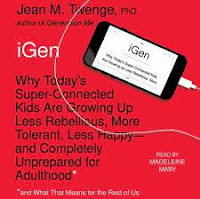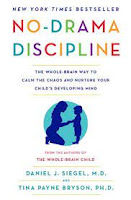One of the pleasures of parenthood, my
wife and I have been watching the Star Wars movies with our children
for their first time over the past few months. (We watched in
release order, not internal chronology for those who care.) This
means the nine saga movies, as well as the two side projects,
Rogue
One and
Solo. It had literally been decades since I
watched several of them, but it was even more refreshing to watch
them through my children’s eyes. My adult eyes may do a bit more
rolling at certain scenes or moments, but the kids loved
it—lightsaber sounds mandatory. Blog fodder if ever there were,
re-watching the movies pushed me to put together a top-11 Star Wars
movie list. I will start from the bottom (and it’s a deep bottom)
and work my way toward the top. Here we go…
11. The Force Awakens – I
still remember arriving in the cinema to watch The Force Awakens.
After a decade without a fresh Star Wars film, here it was, the
continuation of the saga! What could possibly happen after the
Empire’s defeat? How will Disney pick up where Lucas left off?
Will they (as I secretly hoped) adapt Timothy Zahn’s novels for the
screen? What surprises await? It turns out, zero. Disney simply
repeated key Star Wars ingredients for a new audience with token DEI
elements. Rey = Luke. Poe = Han Solo. Jakku = Tatooine. Snoke =
Emperor. Kylo = Vader. Maz = Yoda. BB8 = R2D2, Starkiller Base =
Death Star (third and counting—but bigger). Hux = Tarkin.
Takodana cantina = Mos Eisley cantina. The First Order = the Empire.
The New Republic = The Rebellion. Trench run = trench run. Hiding
secret plans in BB8 = hiding secret plans in R2D2. Christ, Rey even
found a lightsaber in a dark cave. It’s a nostalgia simulator.
Sure, Disney added some elements a modern audience might
expect—female lead, more minority characters, etc. But, but, but…
I thought the Empire was defeated? I thought Luke was going to
rebuild the Jedi Academy? How has Han Solo returned to being a broke
smuggler? I thought all the Sith were dead? The film is just
soulless rehash looking to go retro in order to please a certain
segment of Star Wars fans. It’s too safe. Rather than doing
something innovative and exciting, they tried to guarantee box office
returns, and in turn damaged the franchise’s legacy. Save for
visual effects and the core kernel of Star Wars this would be
unwatchable. The fact Harrison Ford asked his character to be killed
off is a sure sign…










